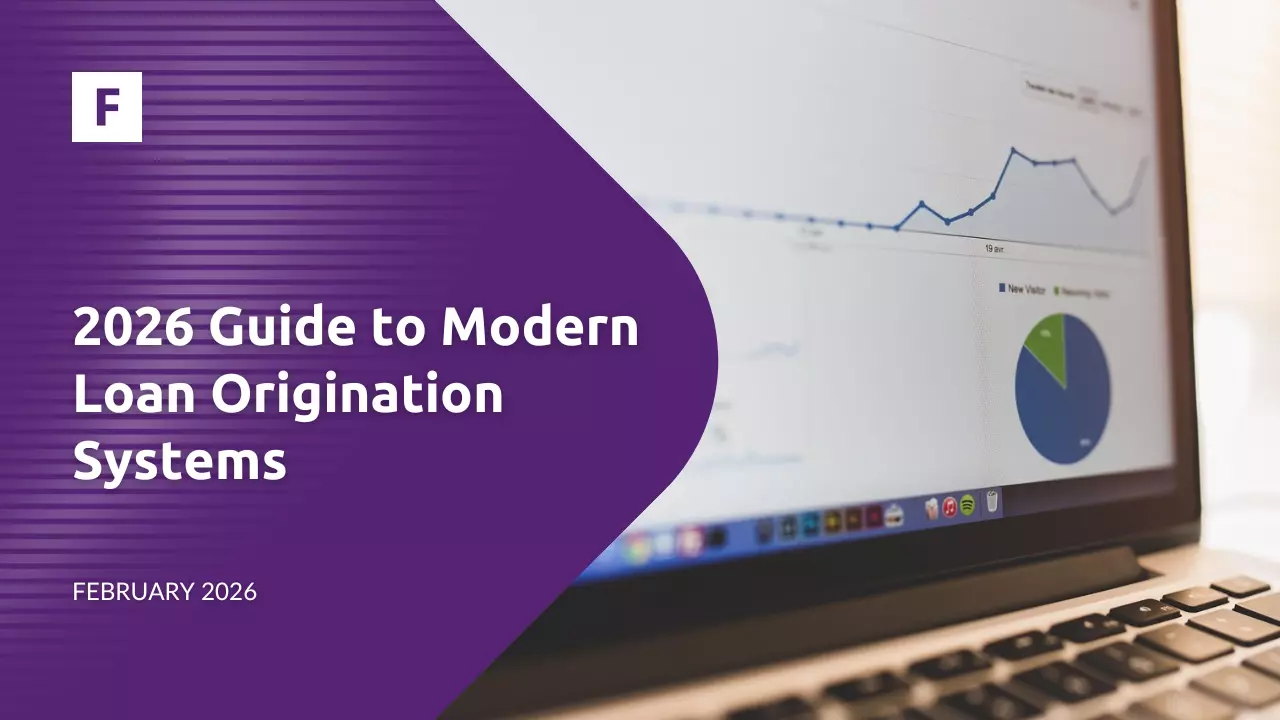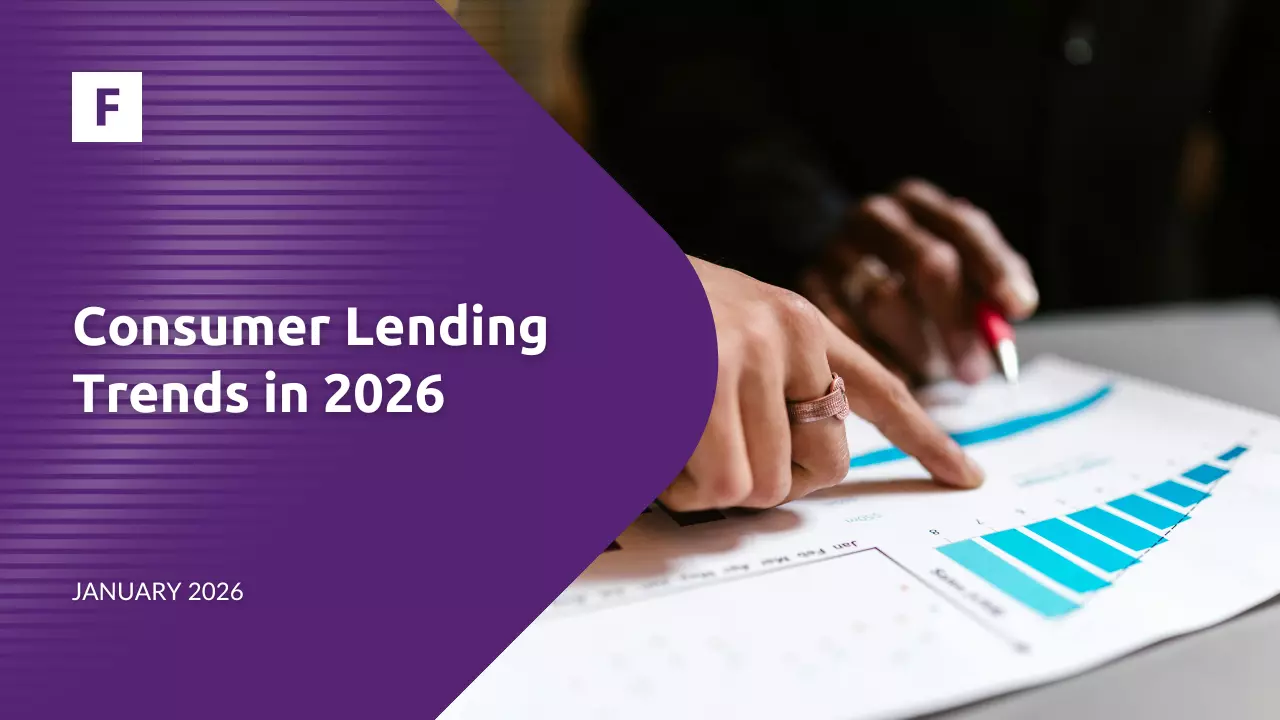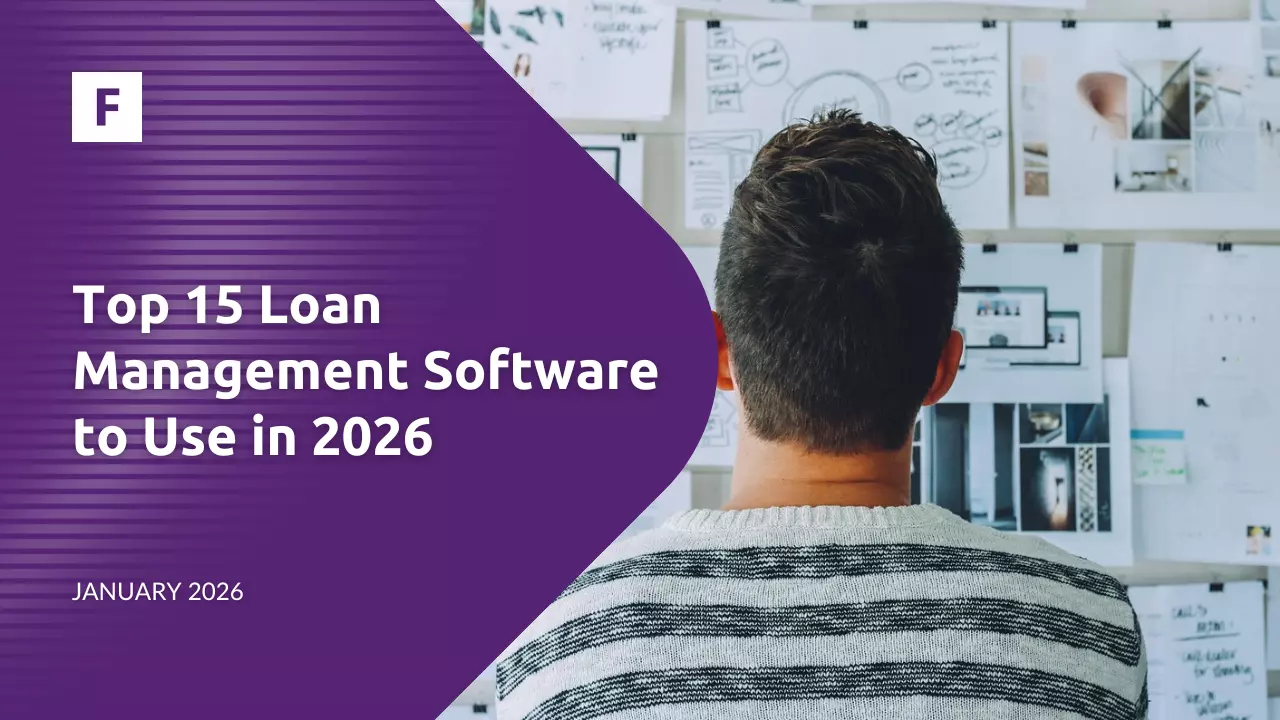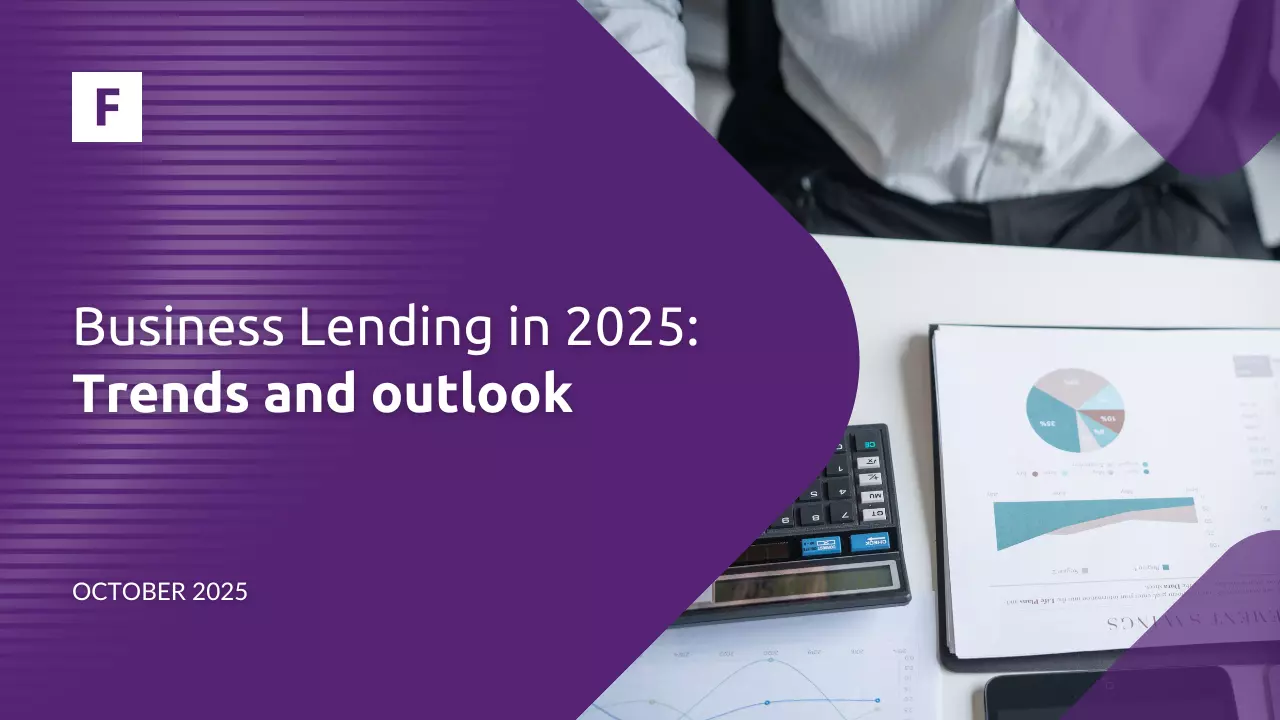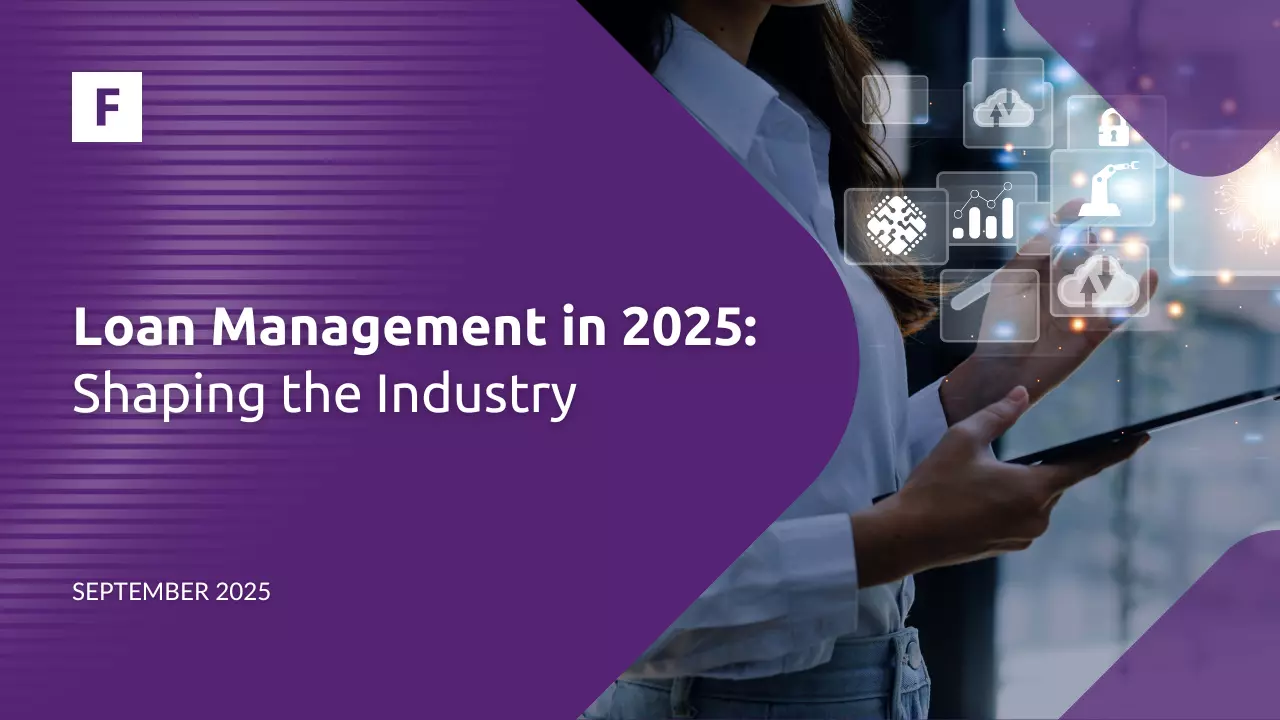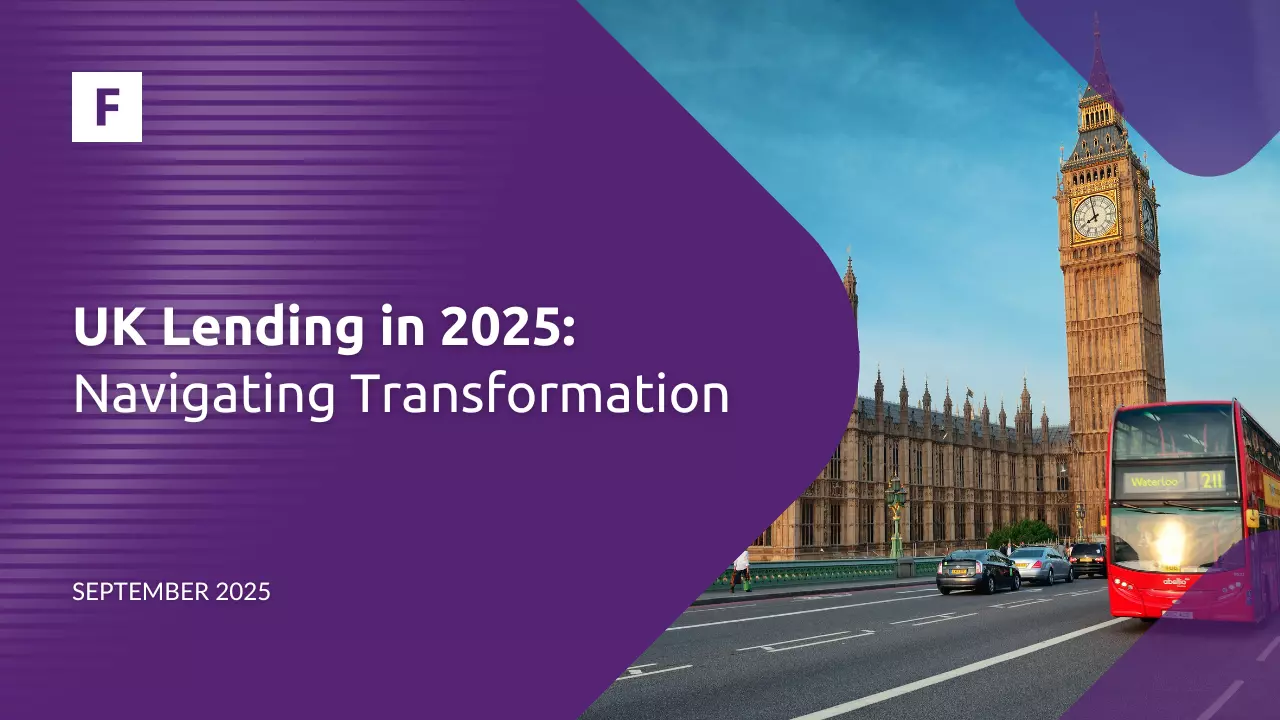Implementing an automated e-wallet system has become a necessary element for banks and other financial institutions amidst their digital evolution. This innovation is significantly streamlining the often manual transaction processes, enhancing financial management, optimizing efficiency, and fostering stronger customer relationships. With the rise of fintech, the demand for automated e-wallet solutions is on the rise, making it a key component of a comprehensive and modern financial ecosystem.
These are the main key takeaways from this article:
- Understanding the electronic wallet.
- Features of payments and communication.
- The global e-wallet landscape and its future.
- Implementing digital wallet payments with a loan management system.
- Managing payments and transactions.
Understanding the Electronic Wallet
Electronic wallets, known mainly as e-wallets, and other names like digital wallets and mobile wallets, are a secure and convenient way to store and encrypt identification and payment information. They eliminate the need for customers to enter credit card numbers or search for the right card, making payment as easy as unlocking a mobile phone. This can be done online or at the point of purchase in-store, reducing fraud risk for merchants and making transactions smoother for customers.
These wallets use a mobile device's wireless functionalities, such as Bluetooth, WiFi, and magnetic signals, to securely transmit payment data from the user's device to a point of sale system, which is designed to interpret and establish a connection through these signals. These are the key technologies employed by digital wallets and mobile devices:
QR codes: Matrix barcodes storing information that are scanned using the device's camera and the wallet's system, initiating the payment process.
Near field communication (NFC): A technology enabling the exchange of information between two smart devices via electromagnetic signals. Proximity is required for the devices to establish a connection.
Magnetic secure transmission (MST): Similar to the technology used in magnetic card readers, it creates an encrypted field for point of sale systems to read, just like swiping a card. Notably, Samsung has phased out the MST feature for Samsung Pay on its Android mobile phones.
Features of Payments and Communication
Digital payment solutions offer a variety of options, including mobile money transfers and online payment gateways. They also allow for the automation of communications, with the ability to send automated messages via SMS, push notifications, or emails. Third-party integrations are also available, further enhancing the functionality and convenience of digital wallets.
European and Estonian companies have been at the forefront of providing innovative digital payment solutions and services. For instance, Wise, a notable Estonian fintech company (previously known as TransferWise), revolutionized cross-border payments by offering digital wallets that enable individuals and businesses to send, receive, and hold money in multiple currencies, all within a user-friendly digital platform.
These features extend beyond basic money transfers, facilitating a diverse range of options, including mobile money transfers and online payment gateways. They offer users the flexibility to conduct transactions seamlessly across borders, leveraging innovative technology to ensure secure, efficient, and cost-effective financial transactions. Moreover, the automation of communications is a significant aspect of these fintech services. With digital wallets, users can experience the integration of automated messaging systems, using SMS, push notifications, or emails. This smooth integration of communication features allows for timely updates, transaction notifications, and personalized alerts, enhancing the overall user experience.
Additionally, the convenience of third-party integrations further amplifies the functionalities of digital wallets, making them more versatile by connecting with various services and platforms, such as e-commerce, accounting tools, and other financial services. This interconnected ecosystem creates a powerful and solid infrastructure, offering users a holistic and efficient approach to managing their finances and transactions in today's fast-paced digital world.
The Global E-wallet Landscape and its Future
According to the Australian payment platform Zai, the global e-wallet landscape is set to witness significant growth in the coming years. By 2025, digital wallets are expected to account for 52.5% of the e-commerce transaction value. In the UK, e-wallets are predicted to account for 34.5% of e-commerce spend by 2025. In Europe, 30% of e-commerce transactions are expected to be made by e-wallet by 2024. In Asia, 72% of online payments are expected to be made by e-wallet by 2025. Furthermore, the number of crypto users with digital wallets is expected to reach 1 billion by 2023.
Talking about the US, PayPal is the predominant e-wallet with 36% of holders using it as a primary wallet, followed by Apple Pay, used by 20% of digital wallet holders. Even though the use of mobile wallets in the US is gaining popularity, the card is still the #1 option when it comes to point of sales transactions. During 2021, 11% of POS transactions were made via digital wallets, compared to a 70% total with credit and debit card combined. According to Statista, The U.S. digital payments revenue is expected to grow 14.66% annually (CAGR) from 2023 to 2027.
The Rising E-Wallet Adoption in Europe
Across Europe the use of e-wallets is increasing, currently reigning as the most utilized payment method in the region’s five largest e-commerce markets: France, Germany, Russia, Spain, and the UK. In 2021, e-wallets accounted for 26.7% of the continent’s online transaction value. This dominance is projected to grow, with e-wallets expected to account for up to 30% of e-commerce transactions in Europe by 2024.
While PayPal leads the e-wallet market overall, Apple Pay and Google Pay also have a strong presence. However, regional variety and local players add to the diversity of the market. These include iDEAL in the Netherlands, and Swis in Sweden.
Implementing Digital Wallet Payments with a Loan Management System
Implementing digital wallet payments with a loan management system can be a game-changer for financial institutions. FTM e-wallet software provides a secure and customizable platform that optimizes operations, ensures compliance, and enhances customer satisfaction. With customizable options and dedicated customer support, we help financial institutions drive growth in today's evolving financial landscape.
With the software, companies can offer e-wallet products that support multi currency management, and flexible payment settings, with efficient customer management features:
Managing Payments and Transactions
Managing payments and transactions is a crucial aspect of a comprehensive financial ecosystem. This includes having a variety of payment methods for incoming, outgoing and internal transactions. The platform supports API requests, importing/exporting payment files, links, and manual payment creation. The e-wallet software allows transactions in multiple currencies, allowing for seamless conversion and management of funds across borders, and transaction management, with functionalities like real-time transaction tracking, reconciliation, and reporting features, ensuring transparency and simplifying financial oversight.
The Future of E-Wallets: 2023 and Beyond
The future of e-wallets looks promising, with a predicted 52.5% digital wallet e-commerce transaction value by 2025. In the UK, e-wallets are expected to account for 34.5% of e-commerce spend by 2025. Moreover, 64% of 18-34 year olds in the UK are already using e-wallets. By 2024, e-wallets are predicted to be the top e-commerce payment method in Australia. In Asia, 72% of online payments are expected to be made by e-wallet by 2025. Furthermore, the number of crypto users with digital wallets is expected to reach 1 billion by 2023.
Streamlining Payment and Transaction Management
Managing payments and transactions is a crucial aspect of a comprehensive financial ecosystem. This includes payment methods, multi currency support, and transaction management. With our advanced e-wallet software, financial institutions can effectively manage payments and transactions, ensuring a smooth and efficient operation.
Read our other articles related to our solutions:
- Enhance Microfinance Services With FTM Solution
- Overview of Your Car Leasing Software
- Use-case: Solutions for SME Lending
- Add BNPL to Your eCommerce With Our Software
About Fintech Market
Fintech Market (FTM) operates in the lending software market, offering a comprehensive SaaS-based loan management system for financial service providers. It includes essential features such as CRM, KYC, risk decision engine, and debt management for loans, deposits, current accounts, and investments. With tailored solutions to optimize their operations, FTM serves neobanks, SMEs, car leasing companies, and buy-now-pay-later companies in the EU, Mexico, and Indonesia.

